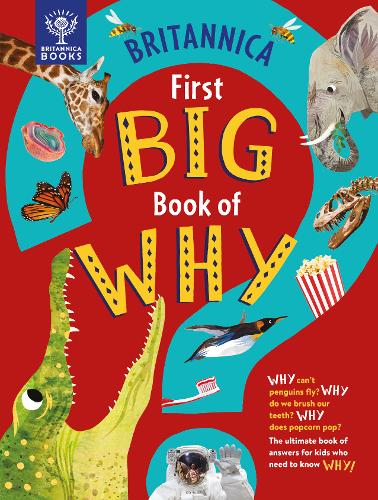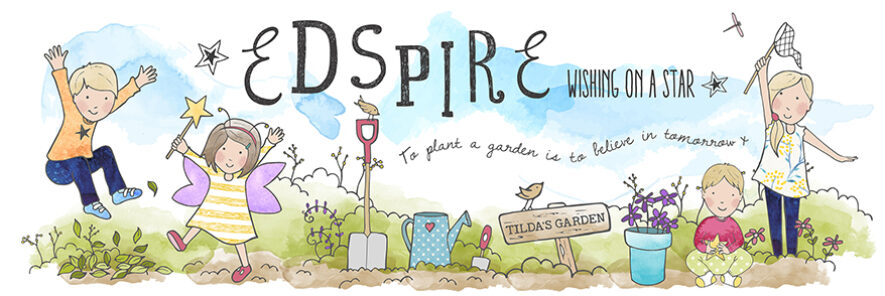This is a sponsored post
Learning to think critically helps children make sense of the world around them and their place in it, and it’s an important skill for their future. Children are naturally curious and as parents we can help enhance their innate inquisitiveness by giving them opportunities to practise questioning the things they see and experience. Here a boarding school in London explores how you can help your child hone these vital critical thinking skills.
Ask questions
Start by asking your child questions about things that have happened in their day or when you’re discussing a particular topic. Encourage them to think deeply about events and experiences and interrogate their own feelings around them. If you ask your child lots of questions, this will prompt them to do the same and be curious about the world, and not to make assumptions about things without giving them careful consideration first. Try to ask and encourage open questions which allow your child to explore possibilities fully.

Discuss consequences
Critical thinking involves considering all the possibilities of a situation and all the ways it could conclude. Prompt your child to think about all the potential implications of events they’ve heard about or experienced, or when they’re facing a decision. Encourage them to consider every option and what each one might lead to before deciding. This will help them develop well-informed ideas and opinions, and broaden their perspective on life.
Encourage debate
You can help your child develop their critical thinking skills by encouraging healthy debate. Explain the importance of listening attentively to other people’s opinions and considering them carefully before drawing your own conclusion. Critical thinking involves the ability to agree or disagree with something and say why you feel that way, so prompting your child to take part in debate will help with this. You could make a habit of discussing a certain topic at mealtimes and each family member offering their own opinions on it, or even sign your child up for a debate club so they can practise flexing their critical thinking skills regularly.
Resist rescuing
Your child will learn to solve problems on their own using their critical thinking skills when you leave them to their own devices. Try to resist the urge to jump in and fix things for them when you see they’re struggling with something, otherwise they’ll become too reliant on you to provide solutions. Let them figure things out independently as much as possible so they learn what they’re capable of and how to overcome challenges on their own.
